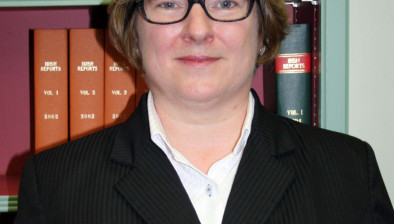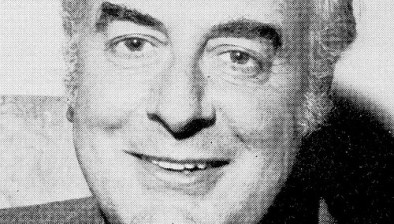Letter: Secunda facie

I have just read [Connor Beaton’s] review of Prima Facie in Irish Legal News and I felt compelled to contact you with my thoughts.
Apart from your introduction, I would disagree with your review and would like to offer an alternative interpretation which might add to your thoughts on the play.
I felt the conclusion was extremely emotional and powerful. I don’t agree that the play struggles to decide exactly what it has to say about the handling of rape and sexual assault cases. The message to me (and my other solicitor friends who watched it) was that the issues facing the prosecution of sexual assault cases are incredibly complex and there is no straightforward answer. I took the intention behind the play to be to start a conversation about how these cases are handled and a recognition of some of the potential issues with the current system and how it treats victims of sexual assault. I think the other aspect was to highlight the incredibly important topic of consent.
I’m not sure it is a fair critique of Suzie Miller to say that “under pressure to offer an alternative vision of criminal justice, Miller can only offer vague statements about making allowances for women whose courtroom testimony is contradictory as a result of trauma”. The prosecution of sexual assault cases is incredibly complex. I would have been disappointed had Suzie Miller attempted to offer solutions to a complex issue in a 90-minute play. What I took from the script is that the writer wanted to start (or add to) a conversation about this issue which she clearly has given we are here debating this.
I also think her portrayal of the “large male” police officer and inability to have a female interview her without a significant delay said a lot about how she thought the police could perhaps improve their approach to handling these types of cases. Tessa was also critical of police witnesses at the beginning of the play when she was acting out a trial. Therefore, I think your comments about the police escaping significant criticism are somewhat unfair and I would question how it would be possible to properly tackle any issues she sees with the conduct of the police and prosecutors in a 90-minute play. The play was entirely from the perspective of Tessa, a criminal defence barrister.
Finally, had I not seen the play yesterday evening I would likely have been put off by your review. I hope other readers of ILN are not dissuaded from going to see it as this would be a real tragedy. Whilst there may be parts people disagree with, it really is an incredibly thought provoking play that I think everyone could benefit from seeing.
A Solicitor











